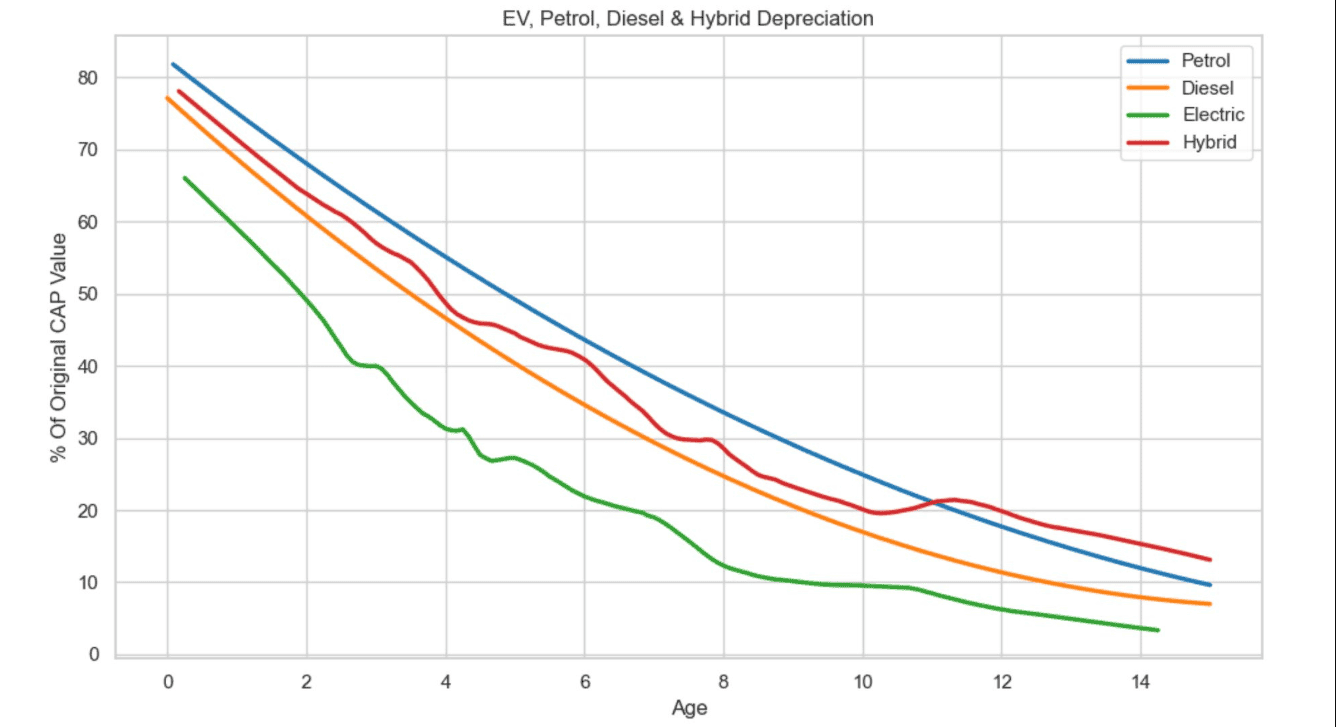The sharing economy has transformed how we access goods and services, disrupting traditional industries and creating opportunities for innovation, savings, and environmental impact. From booking a ride on Uber to renting a cozy apartment on Airbnb, peer-to-peer platforms have redefined convenience and resource-sharing.
But with great innovation comes great complexity. The sharing economy brings its own set of challenges, especially regarding insurance gaps and liability concerns. Who’s responsible when a guest damages property in an Airbnb rental? What happens if an Uber driver is in an accident? These questions highlight the importance of understanding how the sharing economy works and the risks that come with it.
Whether you’re a host, a driver, or simply a user of these platforms, educating yourself on the nuances of insurance coverage, liability, and practical solutions is essential.
What Is the Sharing Economy?
The sharing economy, also known as the collaborative economy, is built on the principle of resource-sharing. Rather than purchasing, individuals can borrow, rent, or exchange services directly with one another using peer-to-peer platforms.
Popular examples include:
- Ride-Sharing: Platforms like Uber and Lyft.
- Home-Sharing: Short-term rental services like Airbnb and Vrbo.
- Car-Sharing: Peer-to-peer car rental platforms like Turo.
- Service Sharing: Task-oriented gig platforms like TaskRabbit or Fiverr.
Key Benefits of the Sharing Economy:
- Cost Savings: Renting goods or services is often cheaper than owning them outright.
- Flexibility: Resources are available on demand, allowing greater convenience and adaptability.
- Environmental Impact: By maximizing the use of resources, the sharing economy helps reduce waste.
While the sharing economy provides these benefits, it also introduces new risks, including insurance gaps, liability questions, and trust issues. For example:
- Who is liable if an Airbnb guest causes property damage?
- Does your auto insurance cover you if you drive for Uber or rent your car on Turo?
To navigate these risks effectively, understanding how the insurance industry is adapting to the sharing economy is crucial.
The Role of Insurance in the Sharing Economy
Traditional insurance policies were not designed for the complexities of the sharing economy. Homeowners insurance, for instance, typically excludes coverage for business activities like renting out your property. Similarly, personal auto insurance often doesn’t apply to commercial activities like ride-sharing.
Here’s a quick look at some of the unique risks participants face:
1. Ride-Sharing and Car-Sharing Risks
- For Drivers: Driving for Uber or Lyft may void your personal auto policy because it doesn’t cover commercial use.
- For Renters: Renting your car on platforms like Turo may require specialized coverage since personal auto policies often exclude this activity.
2. Home-Sharing Risks
- Property Damage: What happens if an Airbnb guest accidentally destroys your expensive furniture?
- Liability Issues: A guest injured while staying at your home could sue for damages.
To address these gaps, insurance providers are introducing tailored solutions, such as:
- Ride-sharing endorsements for auto insurance.
- Host liability policies for home-sharing platforms.
Understanding and addressing these gaps is critical to protecting yourself financially.

Emerging Challenges and Future Trends
As the sharing economy grows, new risks are emerging that participants must be aware of:
- Gig Economy Liability: Platforms like TaskRabbit or Fiverr introduce unique challenges for liability and coverage when offering services.
- Cybersecurity Concerns: With most transactions happening online, protecting personal data is becoming increasingly important.
- Innovative Insurance Products: The industry is moving toward pay-per-use models and dynamic policies tailored to the needs of sharing economy participants.
Insurance companies and platforms alike are working hard to address these issues with innovative solutions, but staying informed is key for anyone involved in the sharing economy.
Why Understanding These Risks Matters
The sharing economy has democratized access to resources, enabling people to monetize their homes, cars, and skills. However, participating in this rapidly growing marketplace without proper preparation can expose you to significant financial and legal risks.
Whether you’re renting out your home, driving for Uber, or sharing your car on Turo, it’s essential to:
- Identify potential coverage gaps in your current insurance policies.
- Understand the risks specific to your platform of choice.
- Explore tailored insurance solutions offered by your insurance provider or broker.
By addressing these considerations, you can participate confidently and reap the rewards of the sharing economy without worrying about unexpected pitfalls.
Ready to Learn More? Download Our Free E-Book
The sharing economy is evolving fast, and staying ahead requires knowledge and preparation. To dive deeper into this topic, download our free e-book: Navigating the Risks and Rewards of the Sharing Economy
This comprehensive guide covers:
- How the sharing economy works.
- Insurance gaps and tailored solutions.
- Expert advice for hosts, drivers, and users of platforms like Airbnb, Uber, and Turo.
- Future trends in gig economy liability and cybersecurity.
Take the first step toward protecting yourself and maximizing the benefits of the sharing economy.





